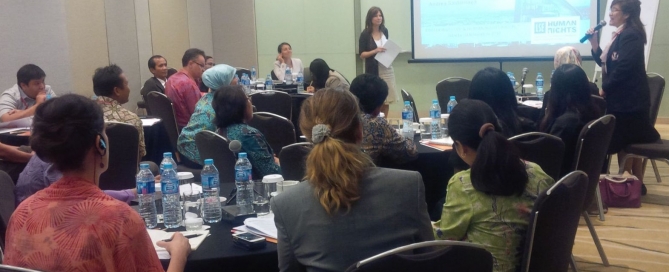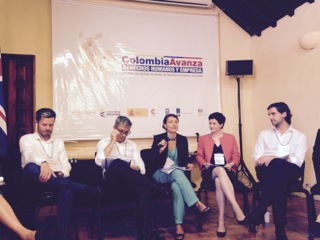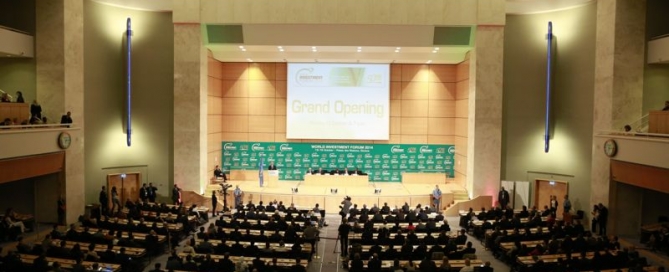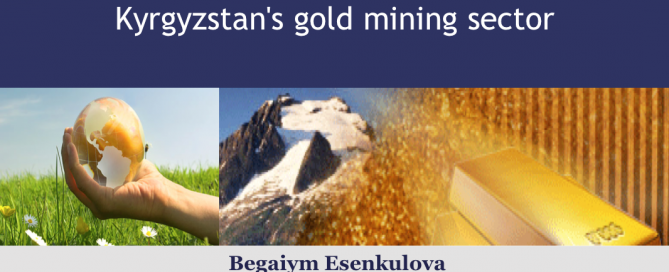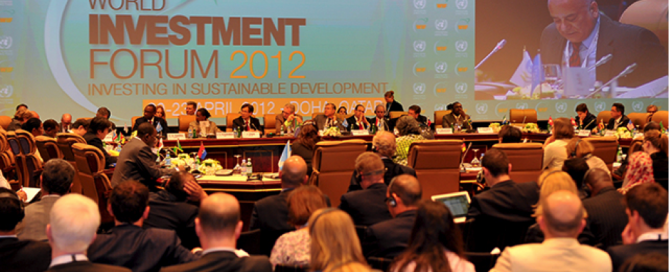For the first time on 15 October 2014 the World Investment Forum (WIF) will host an official set of panel discussions on Investment & Human Rights. The WIF is the high-level, biennial, multi-stakeholder assembling hosted by the United Nations Conference on Trade and Development (UNCTAD) that aims to facilitate dialogue and action on the world’s key emerging investment-related challenges and that seeks to promote investment flows that contribute to sustainable and inclusive development.
The Investment & Human Rights panels, jointly organised by the Office of the High Commissioner for Human Rights (OHCHR) and UNCTAD, and supported and moderated by the London School of Economics and Political Science (LSE) Investment & Human Rights Project, will focus on the relevance of human rights for investment policymaking, and will explore examples of good practice from a number of States in Asia, Africa and elsewhere.
The panels will welcome high-level participants from a wide range of geographies and professional perspectives including government, the private sector, the international arbitration community, civil society, academia and international institutions. Some of the panelists include: Niki Krugger Chief Director Trade Negotiations, Department of Trade and Industry from South Africa; Toby Laundau QC and international arbitrator; Lorenzo Cotula of the International Institute for Environment and Development; Valerio Bosco of the African Minerals Development Center/UNECA; Keith Myers Director, Richmond Energy Partners and Begaiym Esenkulova of the American University of Central Asia, Kyrgyz Republic.
The aim of the panel is to help WIF attendees build their understanding of how human rights can be relevant to investment policymaking, including the negotiation and drafting of international investment treaties, State-investor contracts and the design of domestic laws and regulations and to gather some concrete examples of what some States are now doing […]


